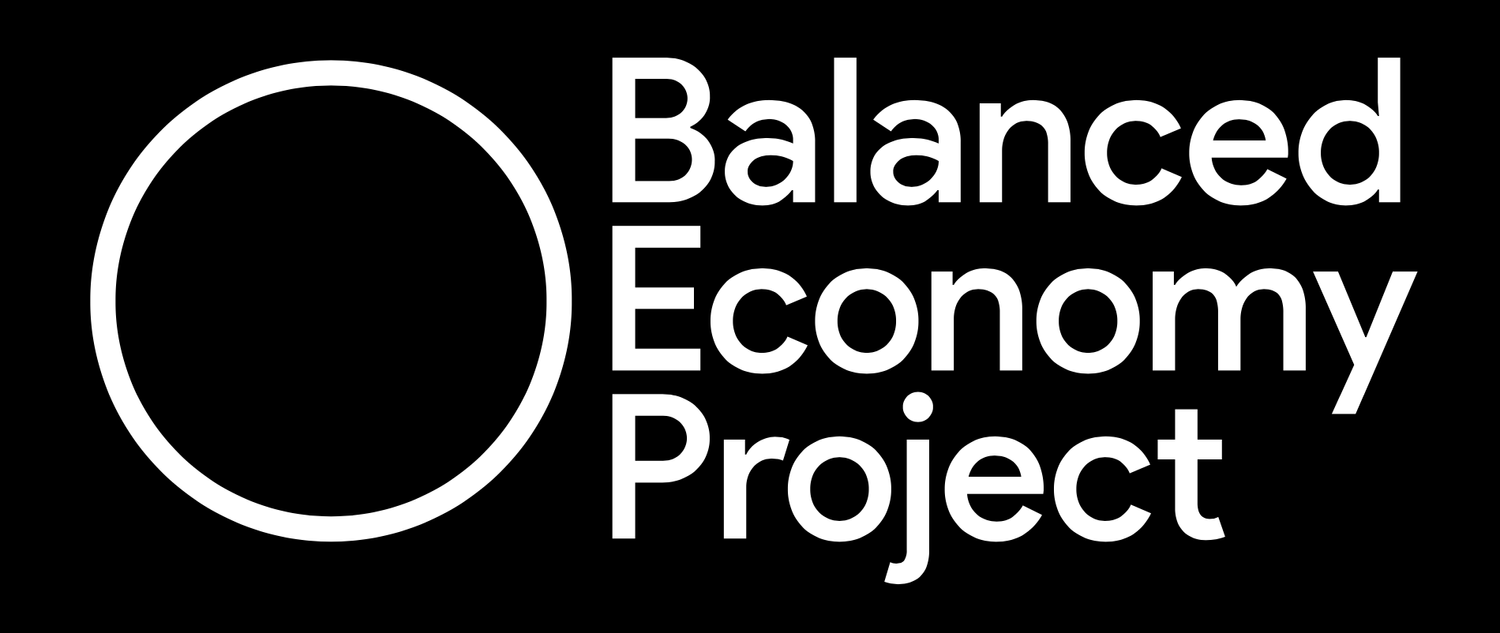CMA unveils proposals to rewire the veterinary services market
The UK’s Competition and Markets Authority (CMA) has today unveiled sweeping proposals to rewire the veterinary services market, in a move long overdue in a sector that has been long been plagued by unchecked corporate interests. It is an important outcome that aims to give consumers real choice and improve competition by giving independent veterinary practices a level playing field.
The CMA has said that pet owners routinely pay a whopping 17% more at large vet chains than independent practices, and that overall pricing in the sector has surged over 60% between 2016 and 2023.
“Pet owners are often left in the dark, not knowing whether their practice is independent or part of a chain or what a fair price looks like,” said Martin Coleman, who chaired the inquiry into the sector.
To counteract these consumer harms the competition watchdog has proposed clear price lists for routine services, a centralised price comparison website, transparency on practice ownership, a price cap on prescription fees and an updated legal framework that reflects the current structure of the vet industry. The CMA will announce a final decision on these proposals in March 2026.
Problems in the market have been driven by the businesses behind the scenes, with many vet practices now owned by vast corporate chains. This means that even pet health is treated as a profit machine by the powerful few that control large swathes of the market. For example, CVS Group — which operate almost 500 vet practices in the UK and Australia — formed part of the CMA’s study and said that while it has plans to implement some measures, not all of the regulator’s proposals are “fully justified.”
The CMA’s remedies are a positive step forward. But it is important to remember that these problems exist in a wider context: the influence of concentrated wealth in the vet sector is a byproduct of the UK’s embrace of the finance sector and inappropriate finance-led models, notably Private Equity, that permeate the economy even in social and care sectors, like the vet industry.
The Balanced Economy Project has long warned against these finance models. In a previous edition of The Counterbalance newsletter, we outlined how finance concentrated economic power, particularly in the vet sector. One co-owner of an independent practice in the UK told us at the time that “almost everyone [she knew] has had their practice bought by a corporate group.”
The practice of private equity using roll-ups to acquire lots of small companies in the same sector to form one concentrated industry player with market power is a cause for concern in essential and consumer-facing industries. These private equity firms are not competitively benign, as the practices outlined in the CMA’s report highlight, and they should be squarely in the sights of competition regulators.
So while we commend the CMA’s actions in the vet market inquiry, the focus on transparency rather than structural change sends the wrong signal that it is “business as usual”, and this will embolden these large firms in the continued use of roll-up acquisitions and adaptations of this strategy to side-step scrutiny under merger control or competition law, while still having the potential to distort market competition as they entrench their market power. The CMA needs to use its regulatory teeth to push back on increasing entrenchment in this and other sectors.
In order to fully restore choice and bring about lasting change in concentrated sectors, regulators need to focus on capturing and addressing the role of private finance in monopolisation across the economy.
